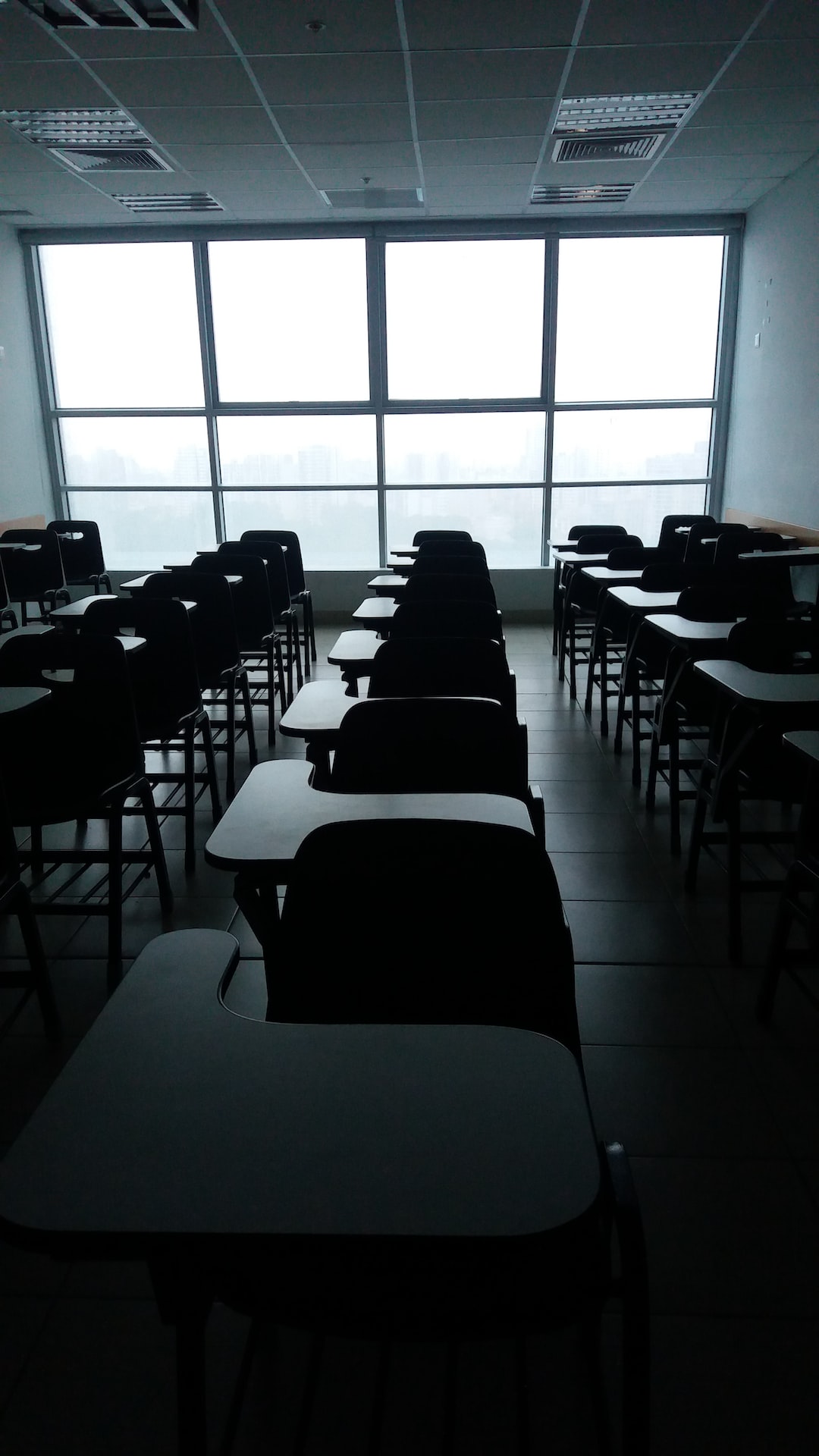The Impact of Teacher-Student Relationships on Academic Success
Education is a fundamental pillar of society, and teachers play a vital role in shaping the future of their students. While curriculum and teaching methods are essential components of a high-quality education, the relationship between teachers and students is often overlooked. However, research consistently shows that positive teacher-student relationships have a significant impact on academic success.
One of the key benefits of fostering a strong teacher-student relationship is increased student engagement. When students have a positive connection with their teachers, they are more likely to actively participate in the learning process. They feel comfortable asking questions, seeking clarification, and sharing their thoughts and ideas. As a result, their motivation to learn is enhanced, leading to improved academic performance.
Moreover, a supportive teacher-student relationship also cultivates a positive learning environment. Students who feel valued, respected, and understood by their teachers are more likely to enjoy coming to school. They feel safe to express themselves and take risks, knowing that their teachers will provide guidance and encouragement. This nurturing atmosphere not only promotes academic success but also fosters emotional well-being and personal development.
Additionally, strong teacher-student relationships contribute to enhanced student motivation. Teachers who recognize and acknowledge each student’s unique strengths and weaknesses can offer personalized guidance and support. By setting achievable goals and providing constructive feedback, teachers can inspire students to strive for excellence. Students feel motivated to succeed when they know their efforts are recognized and appreciated by their teachers. This intrinsic motivation is invaluable for long-term academic success and self-development.
Research has consistently shown that positive teacher-student relationships have a direct impact on academic achievement. Studies have found that students who have supportive relationships with their teachers have higher levels of achievement in various subjects, including reading, mathematics, and science. Strong teacher-student relationships contribute to improved study habits, increased attendance, and reduced dropout rates. Consequently, students are more likely to graduate high school and pursue higher education, setting them on a path towards a successful future.
Furthermore, teacher-student relationships have a lasting impact beyond the classroom. Students who have positive connections with their teachers develop stronger interpersonal skills, effective communication, and the ability to build relationships based on trust and respect. These skills are essential for success in the workplace and in personal relationships.
In order to foster positive teacher-student relationships, it is important for educators to create a welcoming and inclusive classroom environment. Teachers should take the time to get to know each student individually, understanding their strengths, weaknesses, and learning styles. By showing empathy and understanding, teachers can build trust and establish a positive rapport with their students.
Moreover, teachers should actively listen to their students, value their opinions, and provide meaningful feedback. By acknowledging students’ contributions and treating them as active participants in their own education, teachers can empower their students and foster a sense of ownership over their learning.
Regular communication between teachers and students, as well as their parents or guardians, also plays a vital role in building and maintaining strong relationships. Open lines of communication allow for ongoing feedback, support, and collaboration, ensuring that students receive the guidance they need to succeed.
In conclusion, the impact of teacher-student relationships on academic success cannot be overstated. Positive teacher-student relationships contribute to increased engagement, motivation, and achievement. Not only do they improve academic performance, but they also foster a positive learning environment and contribute to the holistic development of students. By prioritizing the cultivation of strong teacher-student relationships, we can empower students to reach their full potential and pave the way for a brighter future.
